Brexit: AMs to give Article 50 view in Senedd vote
- Published
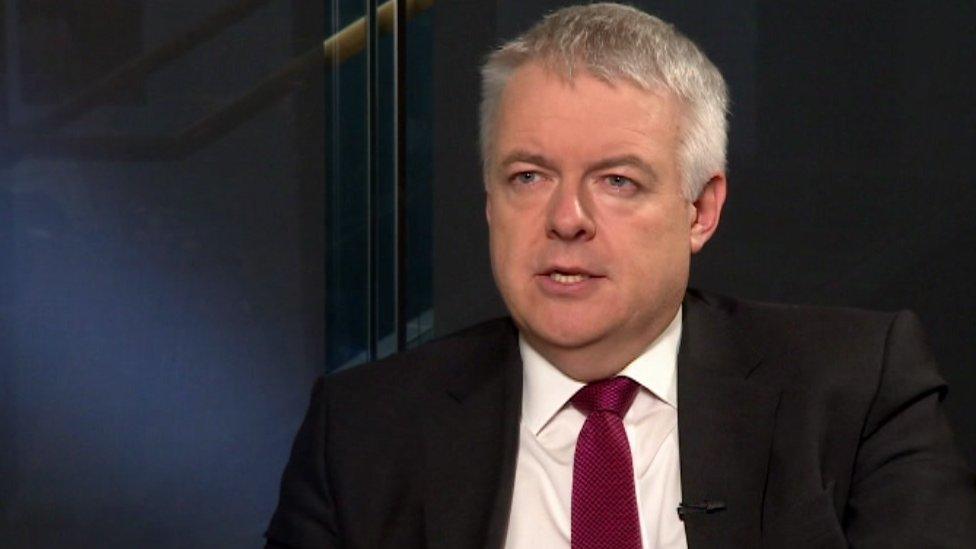
AMs will vote on whether they think the process to start Brexit should be triggered, the first minister has said.
But Carwyn Jones is to tell Labour colleagues that they cannot block the Article 50 process to leave the EU.
He said ministers in Westminster "politically" had an obligation to take a note of the vote in the Senedd.
Mr Jones added he was disappointed with a court case which said UK ministers had no legal obligation to consult AMs on Article 50.
Welsh ministers had argued that the assembly should be consulted.
The same ruling stated that the assembly did not have a veto.
The vote will not have a legal impact on the process, and Prime Minister Theresa May has said that the UK government will set out its Brexit plans in a white paper, after the Supreme Court ruled MPs must vote on whether her government can trigger Article 50.
A parliamentary bill paving the way for talks with the EU, following the ruling, could be introduced as early as Thursday.
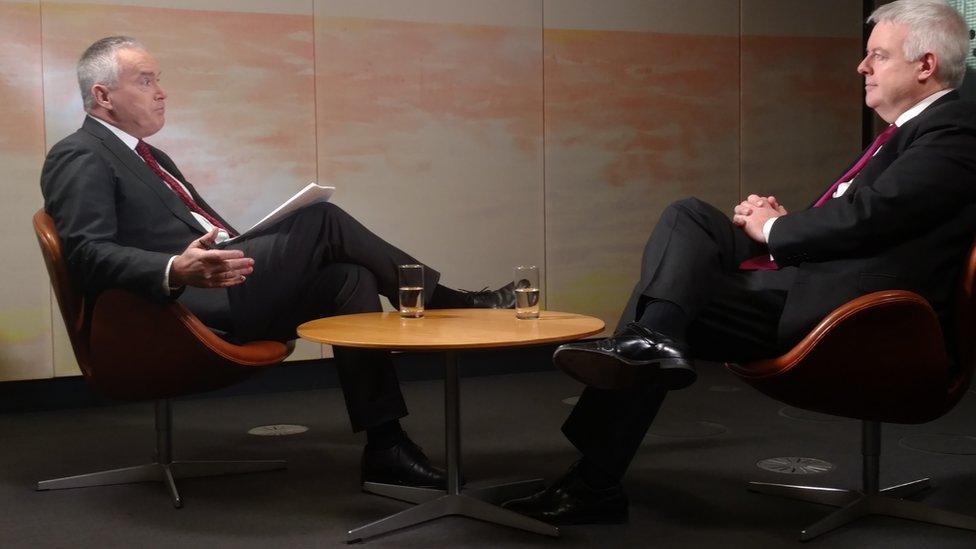
The Wales Report's Huw Edwards spoke to Carwyn Jones on Wednesday
Mr Jones, speaking to BBC One's The Wales Report programme, said: "I think the key words were we are not legally compelled to be consulted. But constitutionally, we are."
He said: "There will be a vote in the assembly on Article 50."
"It's important that members are able to express their views."
He said he would be telling party colleagues that they "can't block the article 50 process and we can't look to overturn the referendum result".
'Least harmful'
But the first minister argued "it is hugely important that the process is done in such a way it is least harmful to Wales and to Britain".
Mr Jones said "politically" ministers in London had an obligation to take note of the vote in the Senedd.
"The UK is in a precarious position," he said, saying he warned against Brexit leading to the UK "collapsing" and that it was important "the deal itself has the widest possible support".
BBC Wales understands that the vote may take the form of a motion put during a debate in the Senedd, rather than a so-called legislative consent motion - which states whether AMs think a Westminster law should apply in Wales.
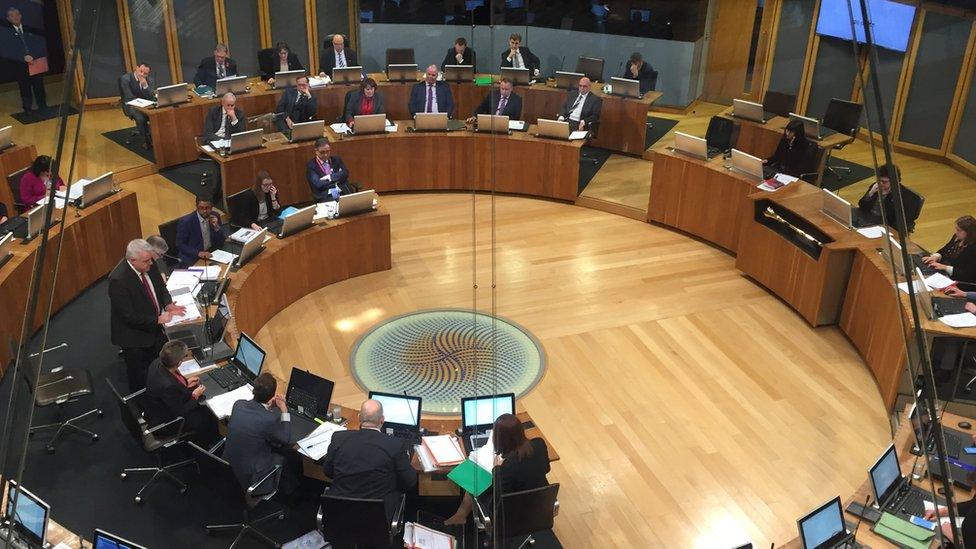
Carwyn Jones says the current number of AMs "works, but is under strain"
Meanwhile the first minister suggested that a debate on whether the assembly needs more AMs could last years, and that it would be "ridiculous" for the assembly to rush into expanding its numbers.
The Wales Bill gives the assembly the power to increase the number of assembly members - an idea backed by the presiding officer Elin Jones.
Mr Jones said there was "no doubt the workload of assembly members is huge compared to people who are members of legislatures elsewhere".
But he said that was "not going to win the public over, necessarily".
The Welsh Labour leader said he did not want, within weeks of getting the powers, to say "the first thing we're going to do is increase the number of politicians", arguing that would "make us look ridiculous".
He said the current system, which has 60 AMs, "works, but it's under strain".
"What I wouldn't do is say what we need are more politicians. That has to be part of a package around how the assembly operates, and of course bearing in mind we may end up with fewer MPs," he said.
In 2016, the Boundary Commission proposed the number if Welsh MPs should be cut by more than a quarter, from 40 to 29.
Mr Jones said he was not saying there should be fewer MPs, but added: "These are issues that will have to be debated over the next few years."
Mr Jones also reiterated that he would like to see the voting age reduced to 16.
"It was 16 at Scotland at the referendum. If it's OK for Scotland at a referendum, it's difficult to argue against it being OK in every other election."
The Wales Report, Wednesday 25 January, 22:40 GMT BBC ONE Wales
- Published25 January 2017
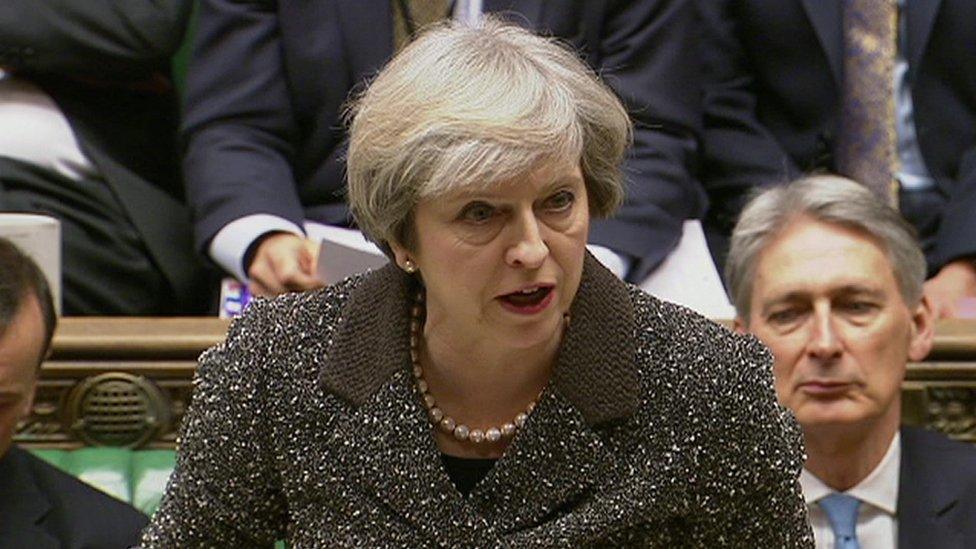
- Published24 January 2017

- Published24 January 2017
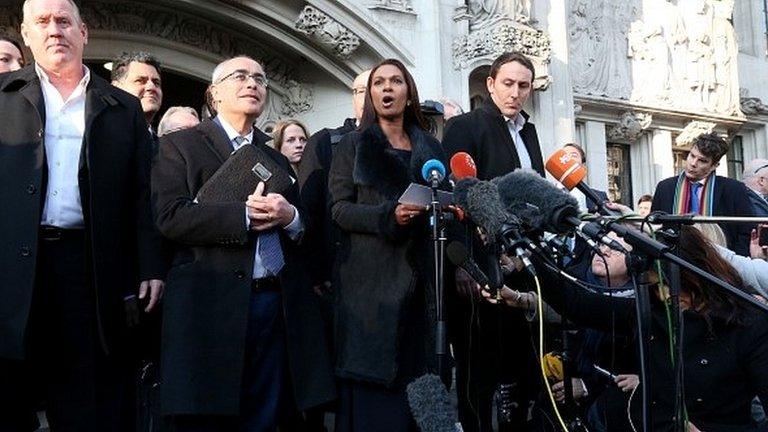
- Published16 January 2017
